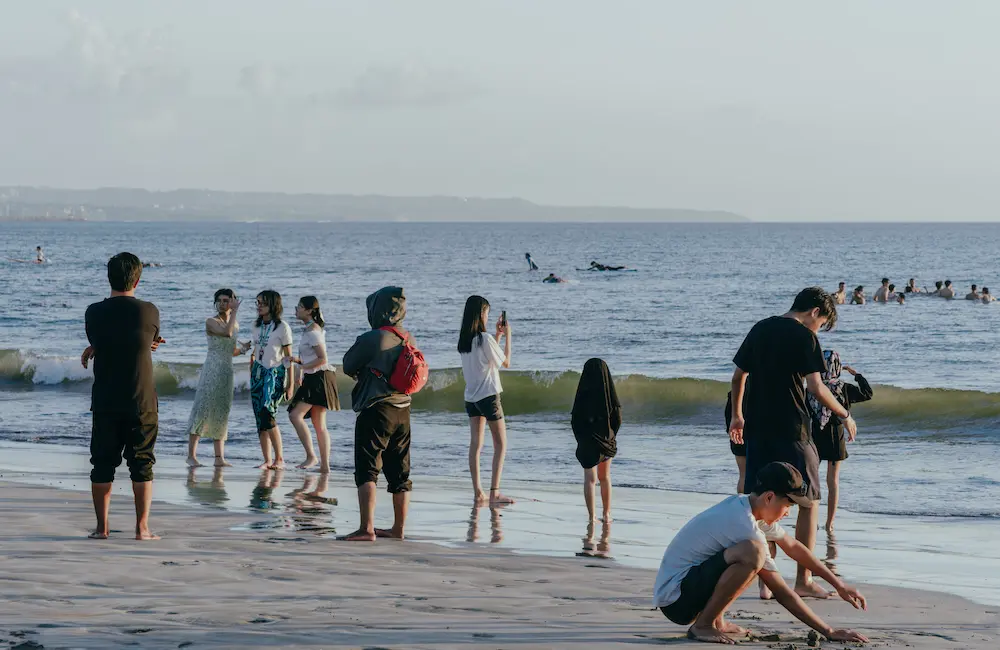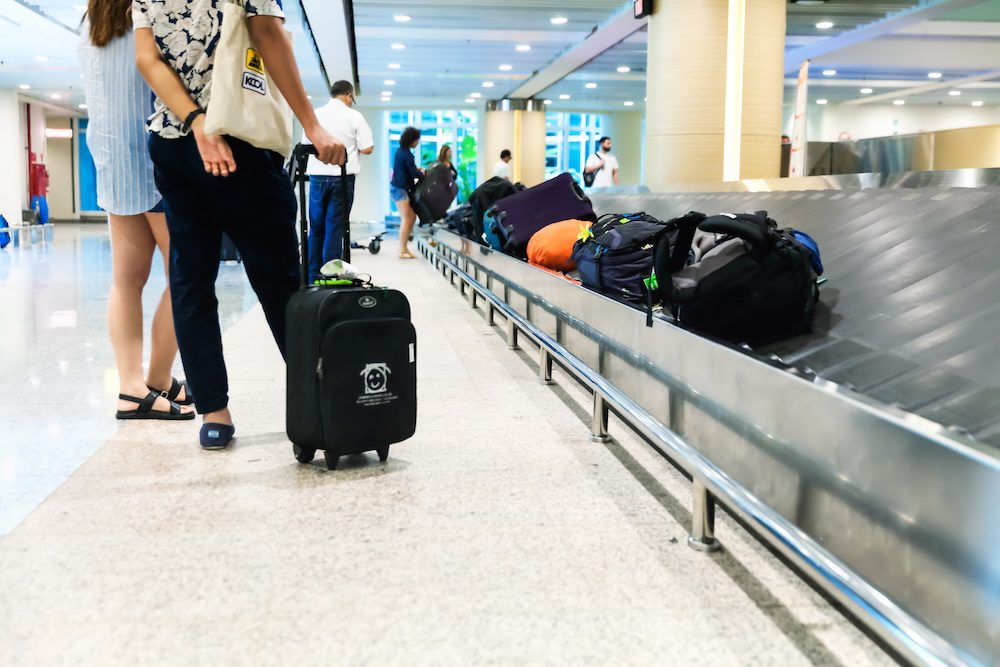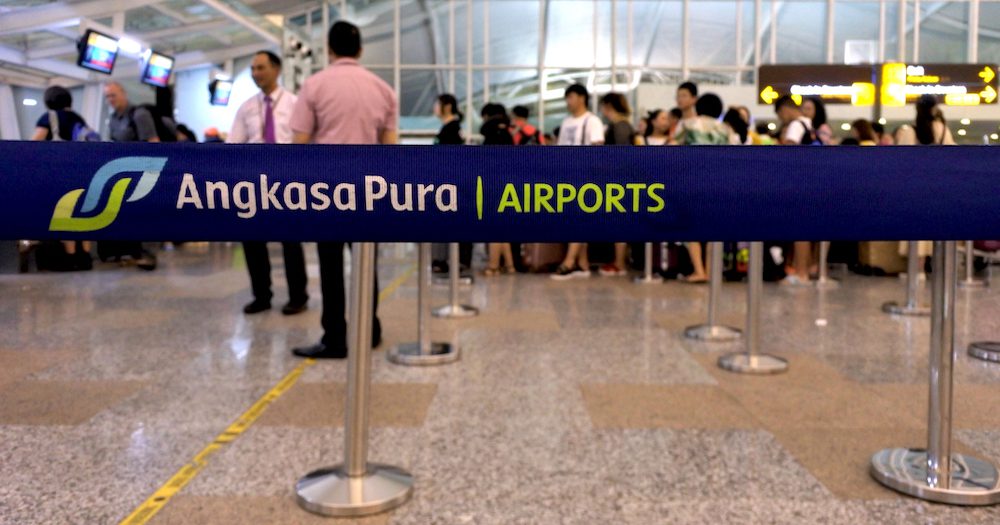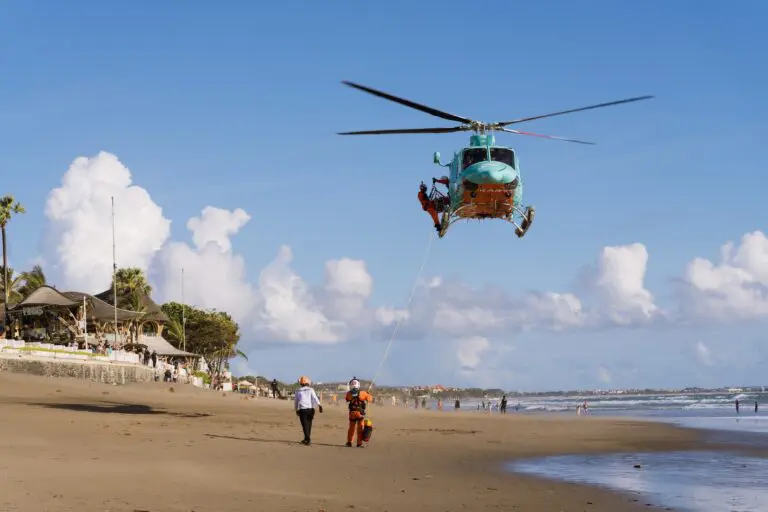All Australians travelling to Bali will now need to complete a health declaration before entering the popular holiday destination.
Indonesia introduced the new measure to mitigate the spread of Mpox in the country, including in Bali and other tourism hotspots.
“Before entering Indonesia, you need to complete an electronic health declaration form called the SATUSEHAT Health Pass,” Australia’s Department of Foreign Affairs and Trade (DFAT) says on its Smartraveller website.
Visitors can access the form online before checking in for their flights to Indonesia.

“After completing the form, a barcode containing your health and travel history will appear,” it adds.
“Indonesian authorities will scan the barcode on arrival in Indonesia. Save your barcode, or bring a printed copy with you to ensure authorities can scan it on arrival.
“If you have Mpox symptoms you may be referred to a hospital for treatment on arrival.”
DFAT flags that the standard of medical facilities in Indonesia is “generally lower than in Australia”, with many regional hospitals only providing basic facilities.
According to Indonesia’s Antara news agency, Bali’s I Gusti Ngurah Rai (Denpasar) International Airport has also installed three thermal scanners for screening the health of all international arrivals.
“Supervision through thermal scanners and physical observation should be carried out,” Indonesia’s Minister of Tourism and Creative Economy Sandiaga Uno said in Bali on Friday, stressing the need for increased vigilance due to the virus.

Despite the new measures, the minister said air arrivals remained steady and hoped the threat of Mpox wouldn’t affect the country’s target of welcoming 14 million tourists.
“As of today, no data is showing a decrease (in passengers), but we will monitor it carefully,” he remarked.
The electronic health declaration form was also used during the COVID pandemic.
Mpox, or Monkeypox, was declared a public health emergency of international concern (PHEIC) by WHO Director-General Dr Tedros Adhanom Ghebreyesus on 14 August 2024 following a surge of cases in parts of Africa. It previously had PHEIC status from July 2022 to May 2023.
According to WHO, Mpox presents with “fever, an extensive characteristic rash and usually swollen lymph nodes”. Symptoms usually last up to four weeks, with the mortality rate varying between 0 and 11 per cent in documented cases.
More measures

It was also recently revealed that Bali was stepping up immigration checks for visitors as tourism – and deportations – continued to surge in the province.
“This aims to maintain security, order, and comfort for the entire community, including tourists,” Bali Regional Office for Law and Human Rights Head, Pramella Yunidar Pasaribu, stated.
Pasaribu said that checks on foreign nationals have intensified, with closer inspections of passports, visas and residence permits.
In addition, immigration has enhanced its system to monitor foreign nationals, integrating facial recognition and border control technology.
After introducing a new tourist tax in February this year, Indonesian officials are already considering significantly increasing the levy.
However, authorities look set to drop the Southeast Asian nation’s visa-on-arrival fee for Australians before October.
DFAT continues to advise Aussies to “Exercise a high degree of caution in Indonesia overall due to security risks”.






